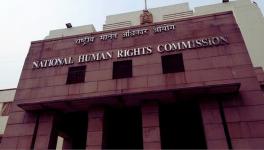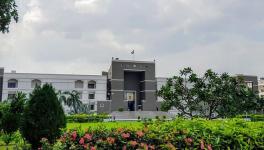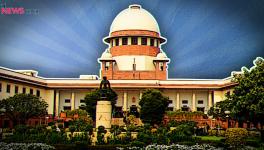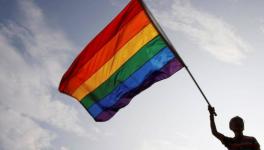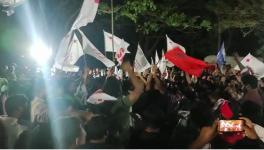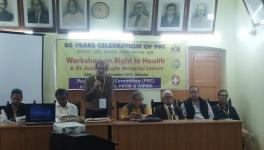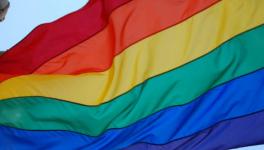Yogyakarta Principles and Section 377
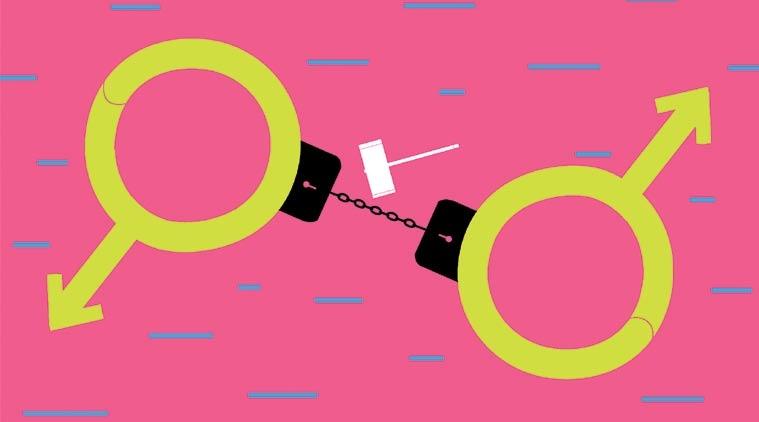
The curative petition for striking down of the Section 377 of Indian Penal Code (IPC) is being heard in the Supreme Court. The intervenors in the case made their submissions on the fourth day of the proceedings. The arguments they made revolved around the validity of the Yogyakarta Principles and HIV/AIDS.
It should be noted that Yogyakarta principles is a document published after a meeting of international human right groups in 2006, in Yogyakarta, Indonesia. The Principles address the human rights violations pertaining to the the LGBT community, and prescribe standards for the international law that deals with the rights of the community.
Manoj George, the lawyer for two Christian organisations and K Radhakrishnan, the lawyer representing Suresh Kumar Koushal in the case concerning Section 377, made their submissions in the Supreme Court on July 17, 2018. While the former questioned the validity of Yogyakarta principles, the latter attributed the spread of HIV/AIDS to homosexuality and thus submitted against the petitioners.
George argued that Yogyakarta principles were framed in an assembly of NGOs, and is being enforced upon 29 countries. The Supreme Court, however, in the NALSA judgement had recognised Yogyakarta Principles and had ruled that they should be applied as a part of Indian law.
Also Read: Challenging the “Miniscule Minority” Tag by the Supreme Court in 2013
In the landmark judgement of the apex court, where it had recognised the transgender as the ‘third gender’, the judges had noted, “Due to the absence of suitable legislation protecting the rights of the members of the transgender community…International Conventions, including the Yogyakarta Principles, which we have found not inconsistent with the various fundamental rights guaranteed under the Indian Constitution, must be recognized and followed.”
Radhakrishnan, however, argued that the Section 377 does not criminalise people, but certain acts. This argument came after Justice Chandrachud, in the previous hearings, had specifically noted that it made no sense to say the section criminalised only the acts and not the people. The senior advocate knitting the connections between homosexuality and HIV/AIDS, also argued that homosexuality results in the disease.
During the submissions in the Suresh Kumar Koushal v. Naz Foundation, the Naz foundation had argued that Section 377 makes it difficult to fight the disease, as it is a threat to the security of the diseased in the LGBT community. In spite of this argument, Radhakrishnan attacked the petitioners for not discussing HIV/AIDS. Doing so, he brought back the archaic and homophobic logic that recognising and protecting homosexual rights would facilitate the spread of the sexually transmitted disease.
It is interesting to hear these arguments in the court again. The judgements in the case of Puttaswamy (privacy judgement) and NALSA have made one to look at the Yogyakarta Principles and thus focus on protecting the rights of the queer community in the country. One had hoped that these judgements would put an end to these arguments.
However, what are these Yogyakarta Principles and why is it important to look at them?
Yogyakarta Principles and the Section 377
India is one of the 72 countries worldwide that criminalise homosexuality now. Forty five of these countries have outlawed sexual relationships between women. According to an annual report by the International Lesbian, Gay, Bisexual, Trans and Intersex Association (ILGA), there are eight countries in which homosexuality can result in a death penalty, and dozens more in which homosexual acts can result in a prison sentence. Against this backdrop, the International Commission of Jurists and the International Services for the Human Rights, on behalf of a coalition of Human Rights Organisations, have developed the Yogyakarta principles. Yogyakarta principles are a set of international legal principles on the application of the international law to human rights violations based on sexual orientation and gender identity to bring greater clarity and coherence in state’s human rights obligations.
Also Read: Section 377 IPC Could Potentially be Struck Down if Not Read Down
Between November 6 and 9, 2006, 29 human rights experts from 25 countries developed 29 principles in Gadjah Mada University in Yogyakarta, Indonesia. Ten additional principles have been added to the existing principles following a meeting in Geneva between September 18 and 20, 2017. UN bodies, regional human rights bodies, national courts, government commissions and the commissions for human rights, Council of Europe, etc. have endorsed the Yogyakarta Principles, and have considered them as an important tool for identifying the obligations of the states to respect, protect and fulfill the human rights of all persons, regardless of their gender identity.
In its landmark NALSA judgement, the Supreme Court discussed eight of the 29 principles, and they were:
- Right to the Universal Enjoyment of Human Rights (Principle 1).
- Right to Equality and Non-Discrimination (Principle 2).
- Right to Recognition before the Law (Principle 3).
- Right to Life (Principle 4).
- Right to Privacy (Principle 6).
- Treatment with Humanity while in Detention (Principle 9).
- Protection from medical abuses (Principle 18).
- Freedom of opinion and expression (Principle 19).
These principles quoted in the judgement, which came as a hope for the queer persons in the country, were again referred to in yesterday’s hearing by Justice Nariman. The final verdict in the hearing of the curative petition is awaited by the queer community in the country. In the 2017, the right to freedom from criminalisation and sanction on the basis of sexual orientation, gender identity, gender expression or sex characteristics, was also added as the 33rd principle in the Geneva Conventions.
Principle 33 states, “Everyone has the right to be free from criminalisation and any form of sanction arising directly or indirectly from that person’s actual or perceived sexual orientation, gender identity, gender expression or sex characteristics.”
Section 377 of IPC, however, has led to criminalisation based of sexuality and sexual orientation. The principle 33 directs the state to ensure legal provisions by doing away with the general punitive provisions such as “acts against nature, morality, public decency, vagrancy, sodomy and propaganda laws,” and ensure that sexual orientation, gender identity and expression are not criminalised.
The principle also states:
- Repeal other forms of criminalisation and sanction impacting on rights and freedoms on the basis of sexual orientation, gender identity, gender expression or sex characteristics, including the criminalisation of sex work, abortion, unintentional transmission of HIV, adultery, nuisance, loitering and begging.
- Pending repeal, cease to apply discriminatory laws criminalising or applying general punitive sanctions on the basis of sexual orientation, gender identity, gender expression or sex characteristics.
- Expunge any convictions and erase any criminal records for past offences associated with laws arbitrarily criminalising persons on the basis of sexual orientation, gender identity, gender expression and sex characteristics.
- Ensure training for the judiciary, law enforcement officers and healthcare providers in relation to their human rights obligations regarding sexual orientation, gender identity, gender expression and sex characteristics.
- Ensure that law enforcement officers and other individuals and groups are held accountable for any act of violence, intimidation or abuse based on the criminalisation of sexual orientation, gender identity, gender expression and sex characteristics.
- Ensure effective access to legal support systems, justice and remedies for those who are affected by criminalisation and penalisation on grounds of sexual orientation, gender identity, gender expression and sex characteristics.
- Decriminalise body modification procedures and treatments that are carried out with prior, free and informed consent of the person.
Clearly, going by the only directive that exists to protect the rights of the queer persons – Yogyakarta principles, Section 377 violates rights of equality and the state should ensure that this does not happen. The recognition given to these principles by the current constitutional bench hearing the curative petition is reassuring to the queer community.
Also Read: Revisiting the Battles Around Section 377 of the Indian Penal Code
Get the latest reports & analysis with people's perspective on Protests, movements & deep analytical videos, discussions of the current affairs in your Telegram app. Subscribe to NewsClick's Telegram channel & get Real-Time updates on stories, as they get published on our website.









